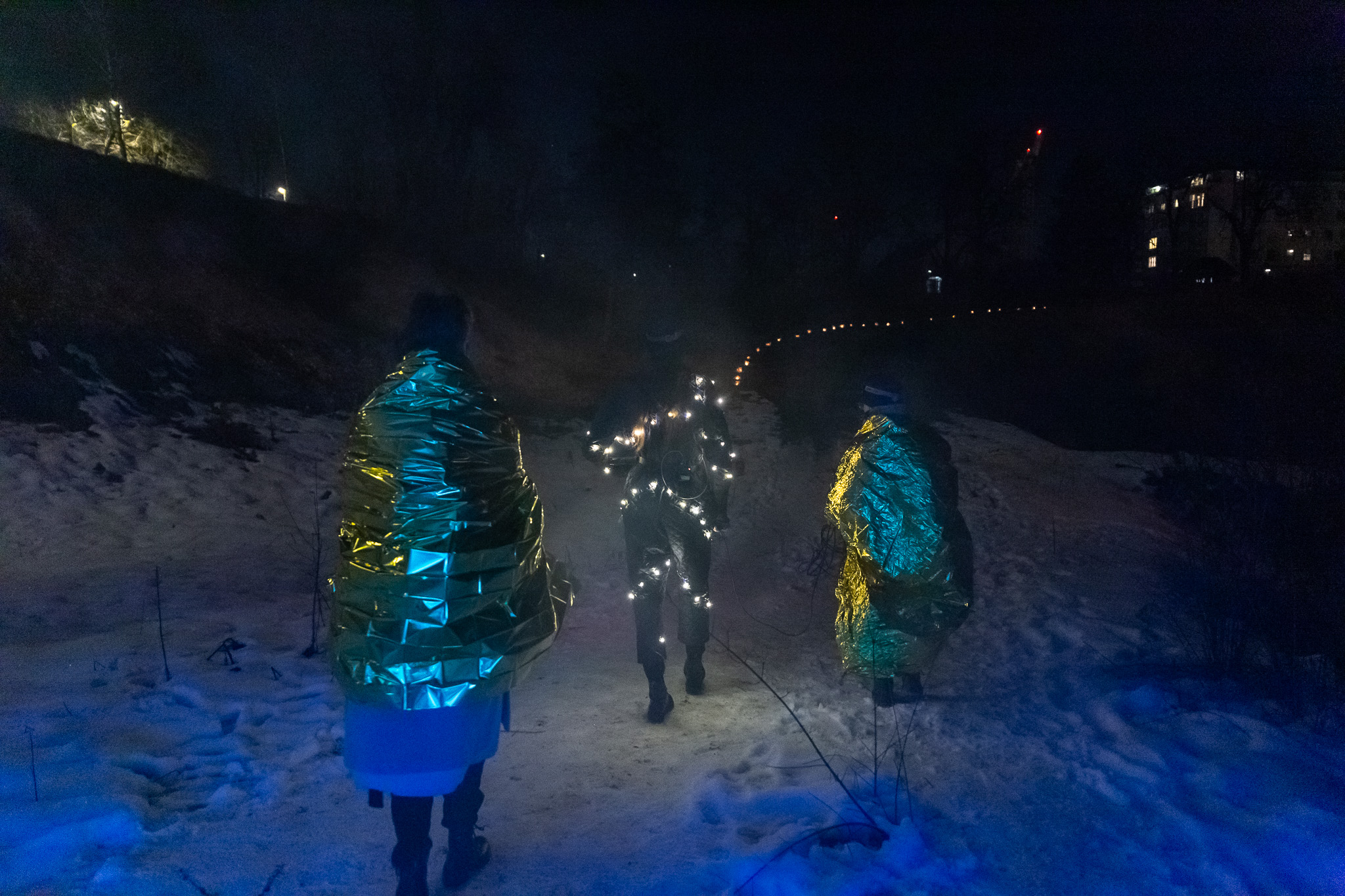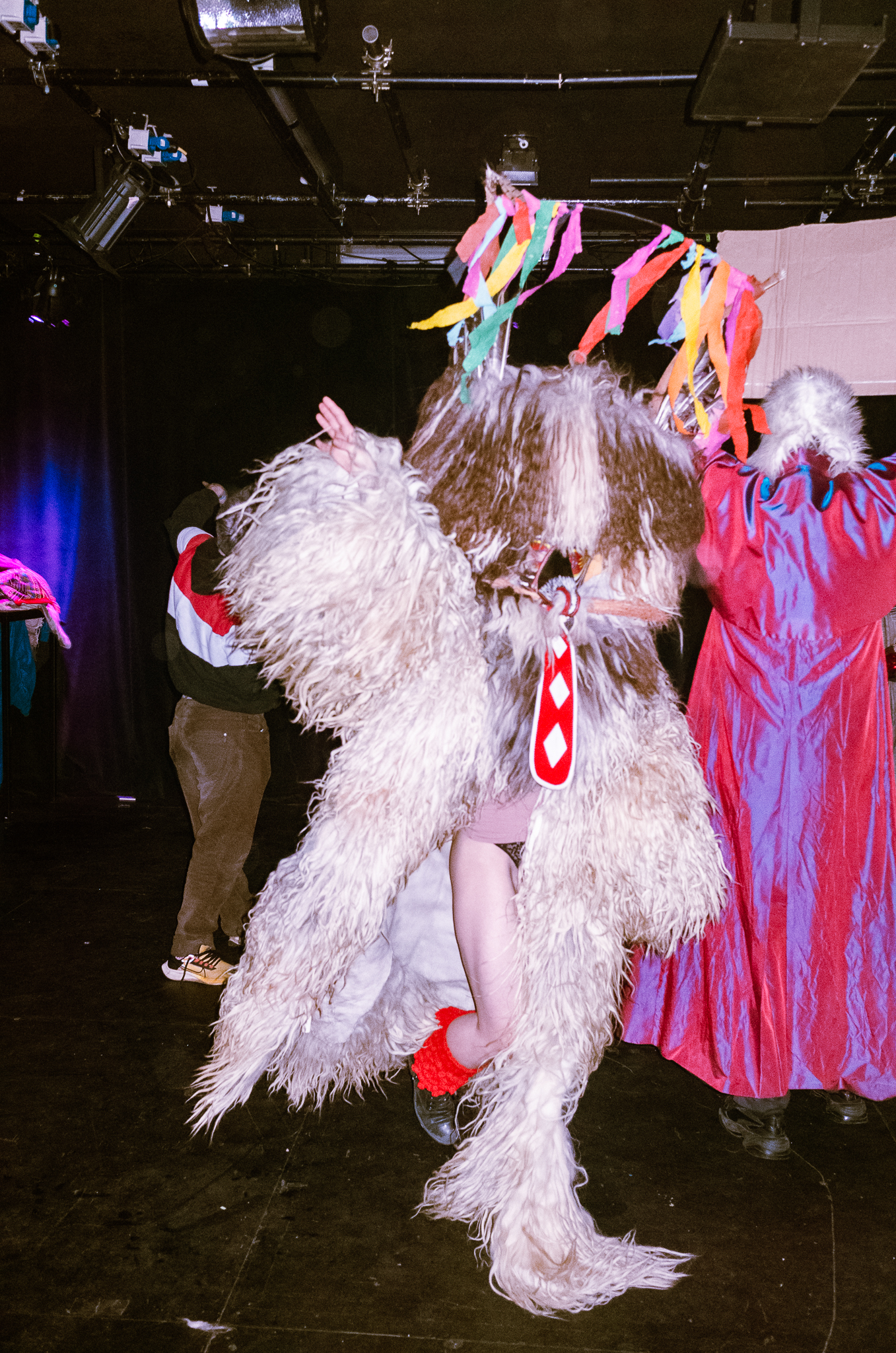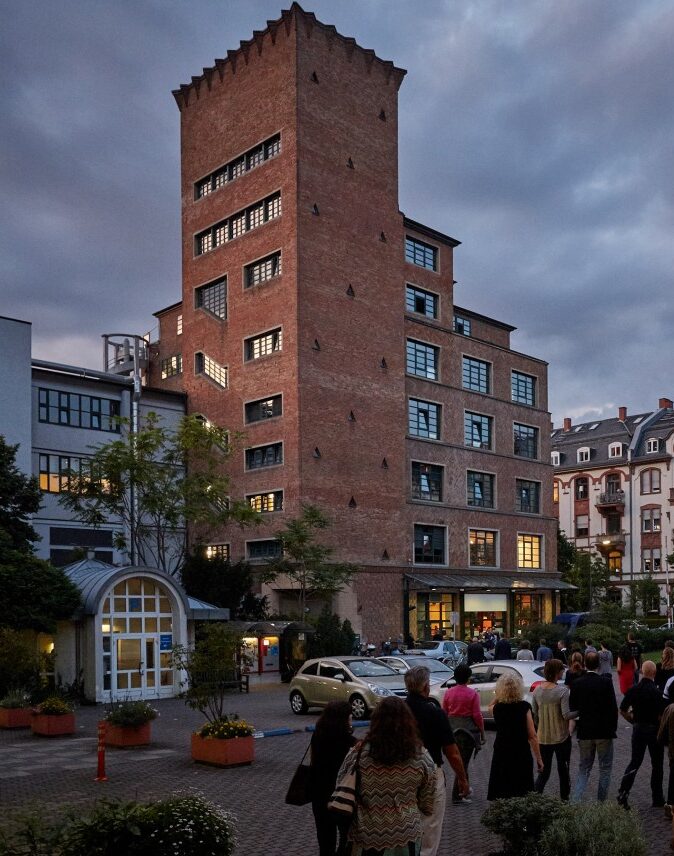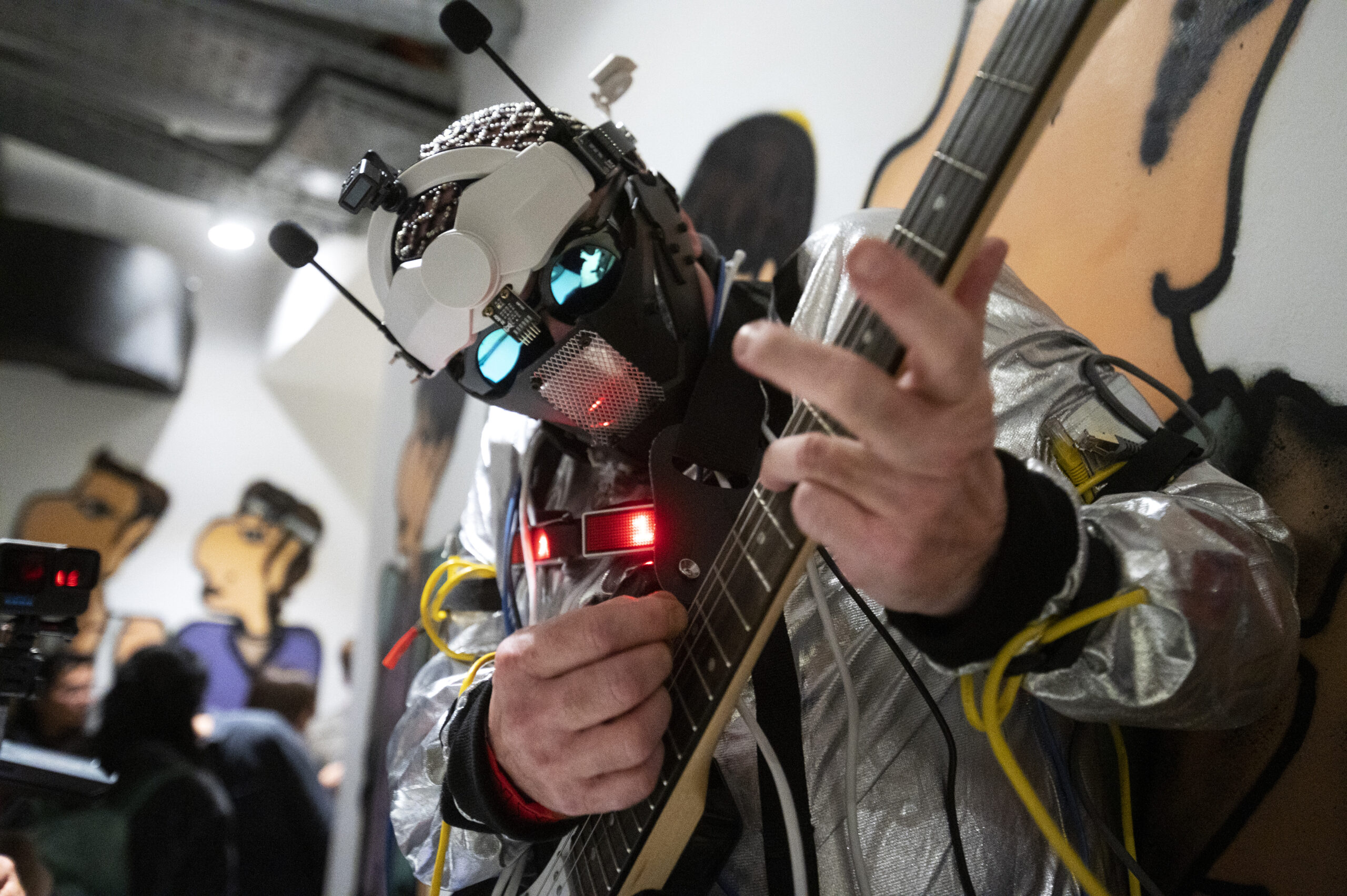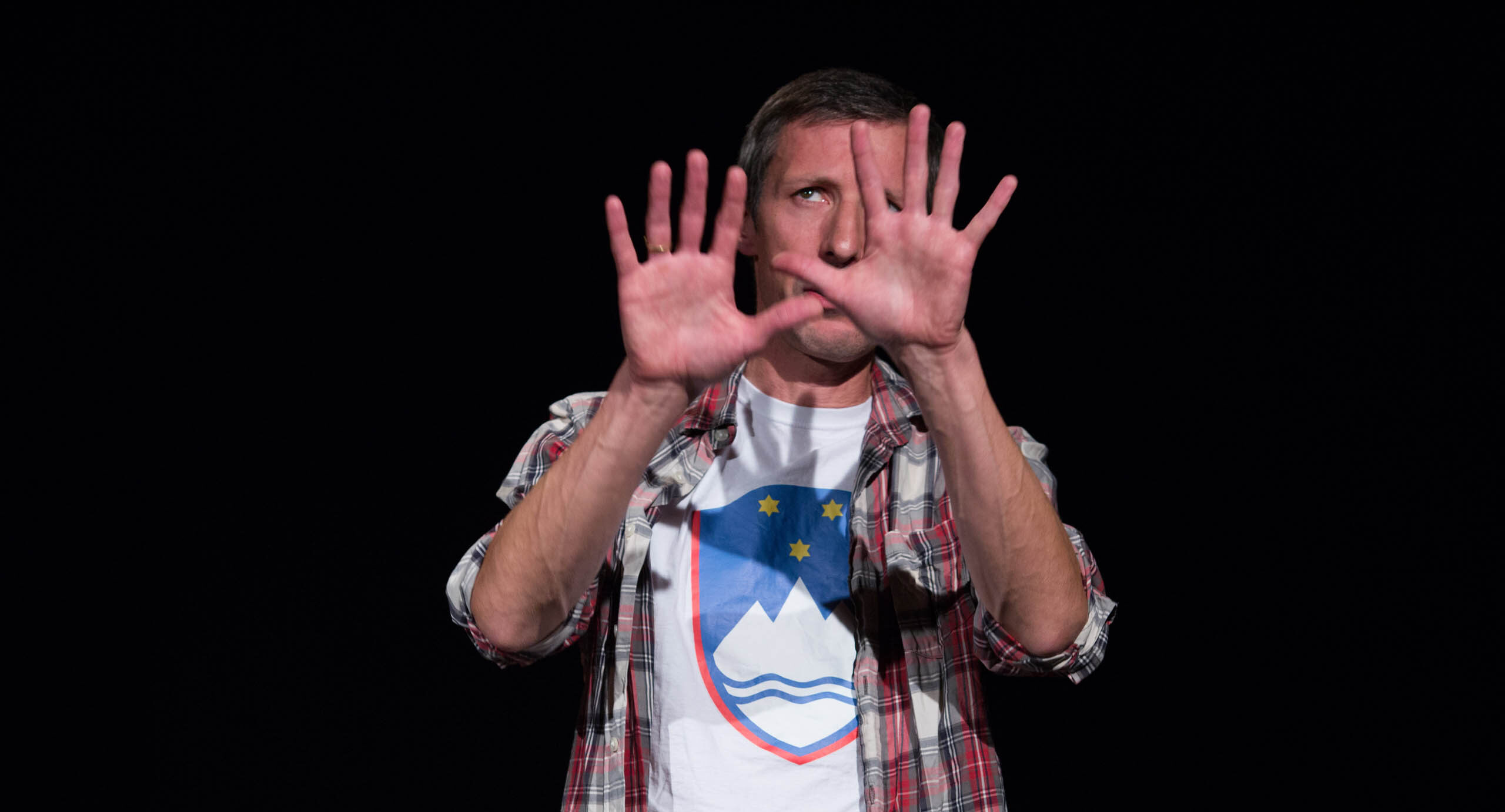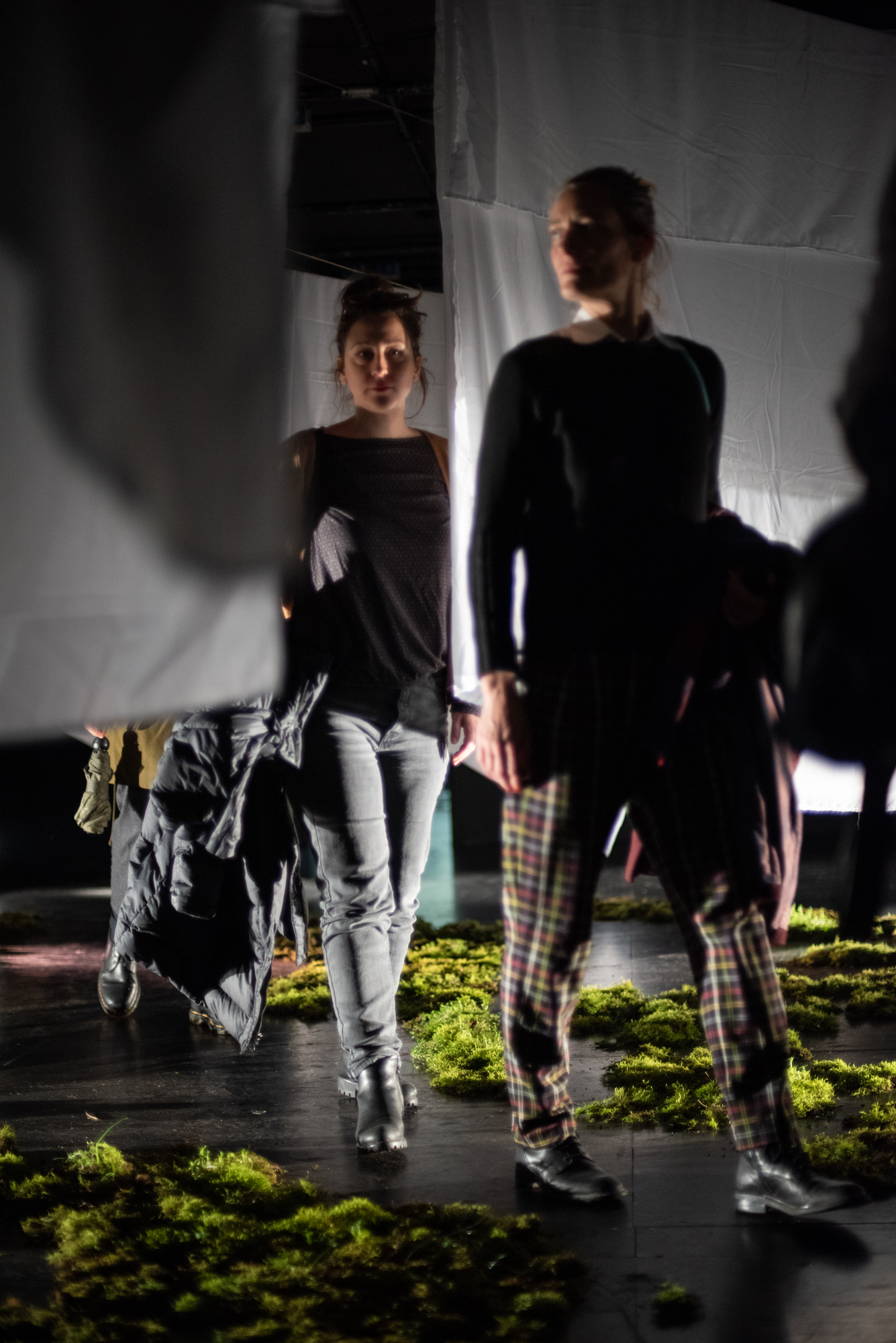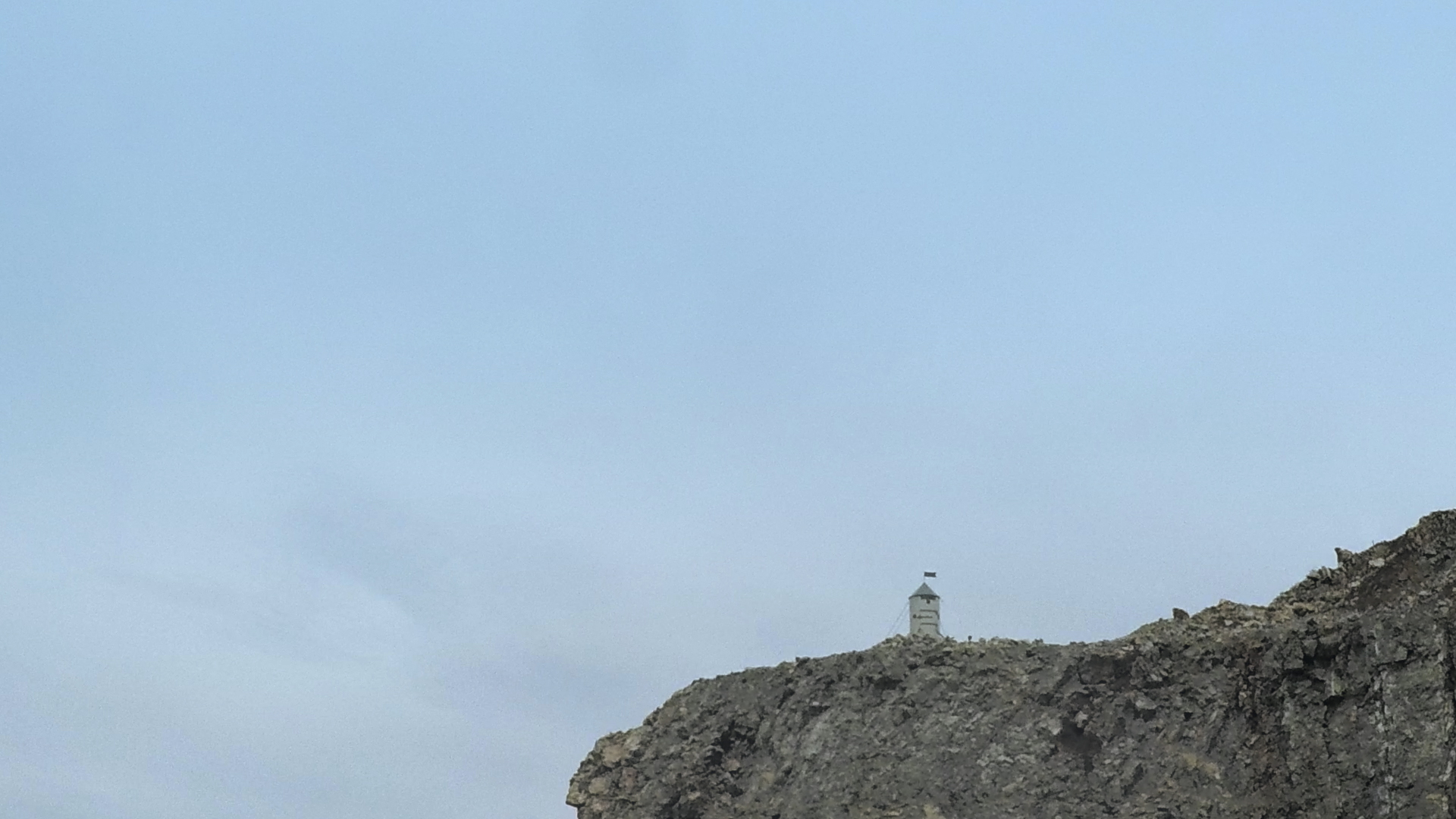New Collectivism: Register of NSK State Citizens; From 7 May 1993 to 18 August 2023

The new political, ideological and economic reorganisation of Europe between 1990 and 1993 (the fall of the Berlin Wall, a united Germany, the collapse of the Eastern bloc, the war in Yugoslavia and the emergence of new nation states) prompted the need to create a new state structure that would go beyond the new division of the world, including Europe, and unite its citizens in a true utopia. The development of the internet and the digital-virtual world has made this idea much more feasible. The establishment of the NSK embassy in Moscow in 1992 was the first step towards the declaration of an NSK state in time by all NSK groups in autumn 1992, and since then the new state has kept its doors wide open to all who wish to become its citizens.
The NSK State rejects the categories of territory and nation and promotes supranational law. Its organisational principle is based on collective absolutism, the ideas of self-management and the Non-Aligned Movement, while the “head of state” is an immanently coherent spirit.
Citizenship is acquired with an NSK state passport. The passport is available to anyone, regardless of race, religion, nationality, gender or beliefs. By signing the application for membership, the holder of an NSK passport undertakes to contribute to the best of their ability to strengthen the integrity and identity of the NSK State and to abide by the NSK State’s Code of Ethics as defined in the Five Basic Principles of Friendship. The NSK Passport is a subversive document of unique value. The document is numbered and non-transferable.
Statistics on citizens are stored in the NSK Central Register of Citizens.
- TUESDAY, 26. 9. 2023, 18.00 , Old Power Station – Elektro Ljubljana
Exhibition
Book: 50,5 x 42 cm, 504 pages
For the Statistics Office of NSK State: New Collectivism
Production: Maska Ljubljana
Special thanks to: Ervin Markošek, Jurij Rejec, Fotolito Dolenc
Kaja Kraner
The most famous action of the New Collectivism collective, the design section of Neue Slowenische Kunst established in 1984, is undoubtedly the 1987 “Poster Scandal”, referring to an intervention in the form of an entry in the public competition of the League of Socialist Youth of Slovenia for the Youth Day baton and visual identity. New Collectivism, which was primarily established with the purpose of ensuring the consistent visual identity of the NSK, managed to slip into their submission to the federal competition committee, in line with their usual method of reappropriation and recreation of existing motifs (mainly 20th century art avantgarde and modernist movements, Nazism and Fascism), a remake of a 1936 Nazi poster by German artist Richard Klein, merely replacing the Nazi symbols with Yugoslav socialist and partly Slovenian national imagery. The problem was that the poster actually won the competition, and, after a coincidental discovery and media reports, the federal committee in Belgrade was confronted with the actual origin of the winning poster, which caused a moral panic throughout the country and, above all, highlighted the sociopolitical cracks and conflicts within the SFRY at the time.
The political bodies responding to the Poster Scandal and other public appearances by NSK in the 1980s, often formulated their argumentation as a rejection of the way the collective’s actions criticised the authorities: instead of an acute, witty and fearless criticism, which is supposed to be the basis of socialist self-management, the artists adopted an “unconstructive” anarchist position and, most importantly, a position of numbness and depersonalisation. In relation to NSK in the 1980s, which is also important for understanding the subsequent project NSK – State in Time, it is essential to note not so much the political influence of art at the time, but rather the manifestation of NSK’s activities itself. Instead of betting on the autonomy of art in relation to the State, authorities, (Real)politik, which includes the freedom of expression and inventing new, previously unknown means of expression, instead of positioning themselves on the side of the strong critical public or civil sphere of the 1980s, which distanced itself from the national State, its symbols, principles and values, NSK strived from the very beginning to reclaim the State and assume the status of a national entity.
Since its foundation, New Collectivism, as the design section of NSK – in addition to outsourcing work, particularly to art institutions – designed the NSK coat of arms, posters and other promotional materials, attempting to contribute to the identity-building and independent economy of this proto-state formation. In the aesthetic sense, the collective’s activities since that period were characterised by merging new graphic design approaches from the late 1970s and the “rough” language of the local alternative scene, whose main common point of creativity was montaging and collaging discovered images, symbols and words, drawing, in the art history sense, from the heritage of historical avantgardes. Since the early 1990s, in addition to occasional reactions to current political events (for instance making and publicly presenting posters during the 10-day war in Slovenia) and continuous collaborations with cultural institutions (designing visual identities, catalogues, exhibitions, etc.), New Collectivism also designed the NSK – State in Time state insignia and passport.As part of the Maska 2023 project, the collective contributed a book on the citizens of this state entity, founded in 1992. Looking at the 2006 proposal, it could be speculated that an analysis of the identity of the citizens of a State, which “reduces” the right to citizenship only to the possession of a passport and signing a membership statement, by which the holder commits to contribute, to the best of his or her ability, to consolidating its integrity and identity and respecting its code of ethics, would demonstrate particularly the logic of NSK’s positioning in the global art system. The 30 years of existence of a State that does not limit its citizenship showcases another achievement, i.e., the radical changes of EU’s foreign and interior policies, which have been shifting towards “necro-politics” since the EU’s advocacy of multicultural liberalism in the early 1990s.










